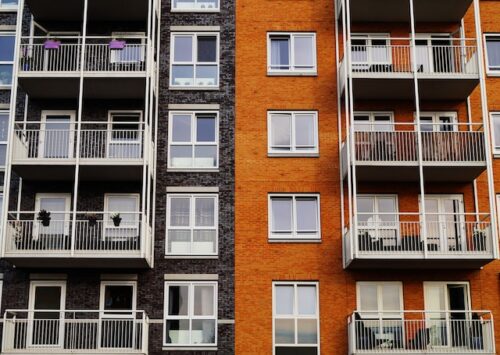
Did you slip, fall, and sustain an injury in your apartment or vacation rental? If so, you may wonder if your landlord is responsible. Contact a Prince George’s County slip and fall lawyer from McCarthy, Winkelman, Mester & Offut, LLP today to learn whether you can sue your landlord for a slip and fall injury and how our firm can fight for your rightful compensation. Here are some of the questions you may have:
How do I know if my landlord is responsible for my slip and fall injury?
Laws regarding landlord responsibility vary by state. This can additionally be defined by the particular lease agreement. In general, liability breaks down to injuries caused, and whether or not there was an accountability factor on the part of the landlord.
There are four main factors that must be proven in order to hold the landlord liable. These are duty, breach, causation, and damages. The first, duty, refers to the responsibility of the landlord to maintain or fix the condition in question. The second, breach, means that the landlord has failed to uphold the duty. The next, causation, shows that the injury itself was caused by the unsafe property condition(s). Further, the landlords’ negligence must clearly and directly be related to causing the injury. The last, damages, simply show that the damages were caused by the landlord’s behavior or negligence.
Slip and fall injuries can happen anywhere. But you have the right to feel safe in your own home, including outdoor spaces. All precautions should be taken by the landlord to ensure proper maintenance of the property. Some examples of causes include:
- Uneven pavement
- Broken or missing stairs
- Poor lighting
- Untended to debris
- Broken or missing railings
What damages can I recover for an apartment accident injury?
Landlords might be liable for damages other than medical bills incurred by injuries. Examples of these include: emotional distress that occurs from the injury, lost wages or loss of employment, pain and suffering or emotional trauma.
A landlord is responsible for keeping the property in a reasonably safe condition. As a tenant, it might be helpful to keep a careful inventory of anything that could potentially cause harm. Then, you could send requests for repairs to your landlord right away. Although it is the landlord’s responsibility to provide adequate maintenance, this is for your protection. This provides you with the ability to prevent a possible accident. And, if one should occur, the documentation to prove that the landlord was aware and liable. Finally, if you believe you’ve been injured as a result of landlord negligence, you should retain the services of a dedicated personal injury lawyer who can help you fight for the compensation you deserve and need to heal.


